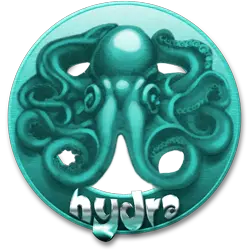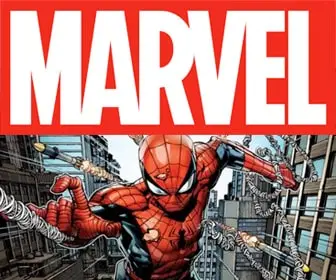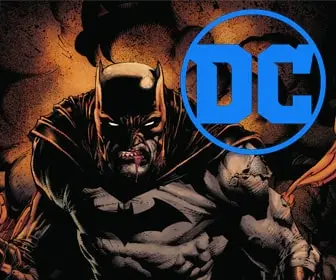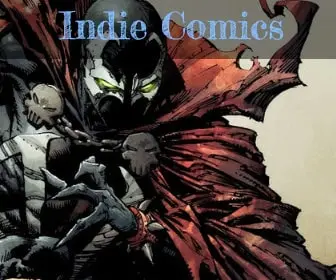
Make Your Graphic Novel Stand Out With Great Art
Things to Consider When Creating Cover Art for Your Self-Published Graphic Novel
Creating the cover art for your self-published graphic novel is one of the most important steps in the publishing process. A well-designed cover grabs attention, sparks curiosity, and draws readers in. It is your first opportunity to make a lasting impression. Here are some key things to consider when designing your graphic novel’s cover.
1. Reflect the Tone and Genre
Your cover should instantly communicate the tone and genre of your graphic novel. Whether it’s a dark sci-fi adventure or a lighthearted fantasy, the imagery, colors, and design should match the mood of the story. Use fonts and visuals that complement the genre. For example, a horror graphic novel might have sharp, jagged fonts and dark, moody colors, while a romance could have soft, elegant fonts and pastel tones.
2. Focus on the Main Character or Key Element
Readers want to connect with your story from the first glance. Featuring the main character or a significant element from the plot can give potential readers a glimpse into what they can expect. If your graphic novel has a strong protagonist, make sure they are prominently featured on the cover. However, if a powerful object or symbol drives the plot, consider making that the focus instead.
3. Keep it Simple and Clear
An overly complicated cover can confuse or overwhelm potential readers. You want your cover art to stand out even in a thumbnail view. This is especially important for digital platforms. Focus on one or two main elements and avoid clutter. Clean lines, bold imagery, and a clear focal point can help your cover make an impact.
4. Use Eye-Catching Colors
Colors play a huge role in attracting attention. Bold, contrasting colors can make your graphic novel pop on both physical and digital shelves. However, make sure the colors fit the tone of your story. Bright, saturated colors may work for an action-packed superhero tale, while muted tones might suit a somber, introspective story. Test different color schemes to see what best represents your graphic novel.
5. Consider Typography
The font you choose for your title and author name matters just as much as the artwork. Your typography should be legible and complement the art. A font that matches the style of your graphic novel can elevate your cover design. For example, a futuristic sci-fi graphic novel might benefit from a sleek, modern font, while a fantasy might use a more decorative, classic font.
6. Think About Layout
The layout of your cover determines how everything fits together. Balance is key. The title, artwork, and any additional text, such as the author’s name or a tagline, need to work together in harmony. You don’t want the title to overshadow the artwork, or vice versa. Experiment with different placements until everything feels balanced.
7. Test it With Your Audience
Before finalizing your cover, get feedback from your target audience. Share your cover art with friends, fellow creators, or even potential readers to see what resonates. You may discover that certain elements don’t work as well as you thought, or you may get ideas on how to improve the overall design.
Denouement
The cover of your self-published graphic novel is your first opportunity to captivate readers. By reflecting the tone of your story, featuring key characters or elements, and using eye-catching colors and typography, you can create a cover that stands out. Keep your design simple, balanced, and always get feedback before releasing it to the world. A well-designed cover can be the difference between a reader picking up your graphic novel or passing it by.












